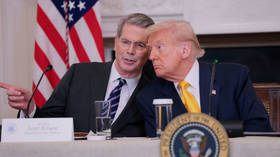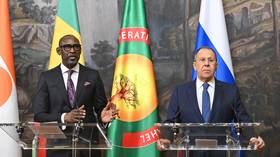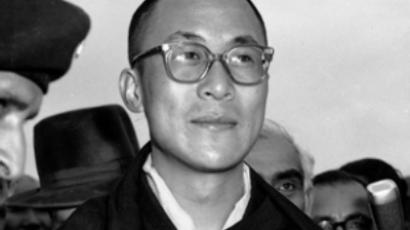Armenia-Turkey: end of century-long loathing?
Armenia and Turkey have signed a historic agreement to open their shared border. It has been closed for 17 years and the feud between the countries has been ongoing for nearly a century.
It was Switzerland who announced that the agreement concerning the opening of borders and the reinitiating of diplomatic relationships will be signed. The country has been acting as a mediator in the difficult process of negotiations for the last two years.
Initially, the process was veiled with secrecy. It was only a year ago that the negotiations came under public scrutiny, when Serzh Sargsyan, the Armenian president, invited his Turkish counterpart, Abdullah Gul, to a football match between their countries in Yerevan. The process then became known as “football diplomacy”.
Relations between the two countries have been tense for nearly a century. Armenians have long accused Turkey of the genocide of one and a half million of their people in 1915. Turkey denies this charge.
The situation was further aggravated when Armenia and neighboring Azerbaijan (which Turkey considers to be a sister nation) disputed the region of Nagorny-Karabakh in 1993. The border between the two countries has been closed since.
Both in Armenia and in Turkey the prospect of a new dialogue has been greeted with significant resistance. Armenians consider it to be a sign of the current government giving up the struggle to make Turkey admit genocide. Turks, on the other hand, want to continue showing their support for Azerbaijan in the Nagorny-Karabakh dispute.
However, the leadership of both countries is resolved to move forward beyond their disagreements. This was, notably, demonstrated by the international presence at the historic agreement signing in Zurich. Segey Lavrov, the Russian Foreign Minister, Hillary Clinton, the US Secretary of State, and Javier Solana, EU High Representative for the Common Foreign and Security Policy, were present, amongst others.














